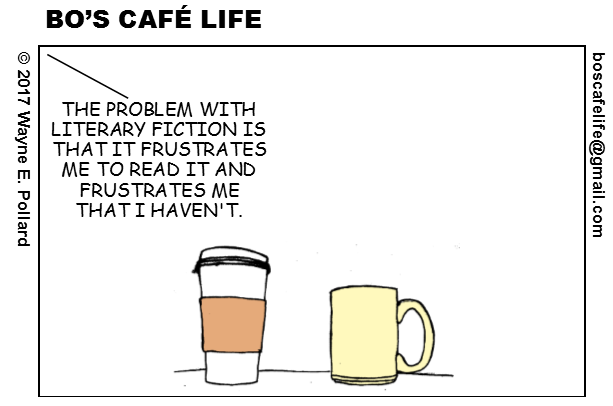Paul Whybrow
Full Member
I've just finished reading Helen Cadbury's first crime novel, To Catch A Rabbit, which was enjoyable. I'm looking forward to reading the follow-up, Bones In The Nest.
She's been through a rollercoaster journey in recent years, with two books published and optioned for television series, but brought down by a fight with cancer:
Cancer, crime and turning 50 - author Helen Cadbury on the year which changed her life forever
There's an endorsement quote by Lesley Glaister on the cover. She's a highly experienced novelist, and knows her stuff:
"A rare find—a literary crime novel that you can't put down."
This made me wonder what makes a novel 'literary'. There's snobbiness about what one reads, with various interpretations made about the difference between genre writing and literature:
Literary Fiction vs. Genre Fiction | HuffPost
I write crime novels and enjoy reading within the crime genre. Some of the more literary authors I favour include Dennis Lehane, John Connolly, Michael Connelly and James Lee Burke. They're literary because of their use of stylish language and willingness to unravel the emotions of their characters. To my mind, genre writing is more simplistic, with the action taking precedence over character development.
Helen Cadbury's writing is literary because she tackles the thought processes of her protagonist, but it's not that challenging to read.
Does that mean that literature has to be difficult to get through, but it has a density of meaning that genre writing lacks?
How do you define literary writing? Posh words? A preachy delivery by the author? No great thrills in sight? Pretentiousness?
She's been through a rollercoaster journey in recent years, with two books published and optioned for television series, but brought down by a fight with cancer:
Cancer, crime and turning 50 - author Helen Cadbury on the year which changed her life forever
There's an endorsement quote by Lesley Glaister on the cover. She's a highly experienced novelist, and knows her stuff:
"A rare find—a literary crime novel that you can't put down."
This made me wonder what makes a novel 'literary'. There's snobbiness about what one reads, with various interpretations made about the difference between genre writing and literature:
Literary Fiction vs. Genre Fiction | HuffPost
I write crime novels and enjoy reading within the crime genre. Some of the more literary authors I favour include Dennis Lehane, John Connolly, Michael Connelly and James Lee Burke. They're literary because of their use of stylish language and willingness to unravel the emotions of their characters. To my mind, genre writing is more simplistic, with the action taking precedence over character development.
Helen Cadbury's writing is literary because she tackles the thought processes of her protagonist, but it's not that challenging to read.
Does that mean that literature has to be difficult to get through, but it has a density of meaning that genre writing lacks?
How do you define literary writing? Posh words? A preachy delivery by the author? No great thrills in sight? Pretentiousness?

